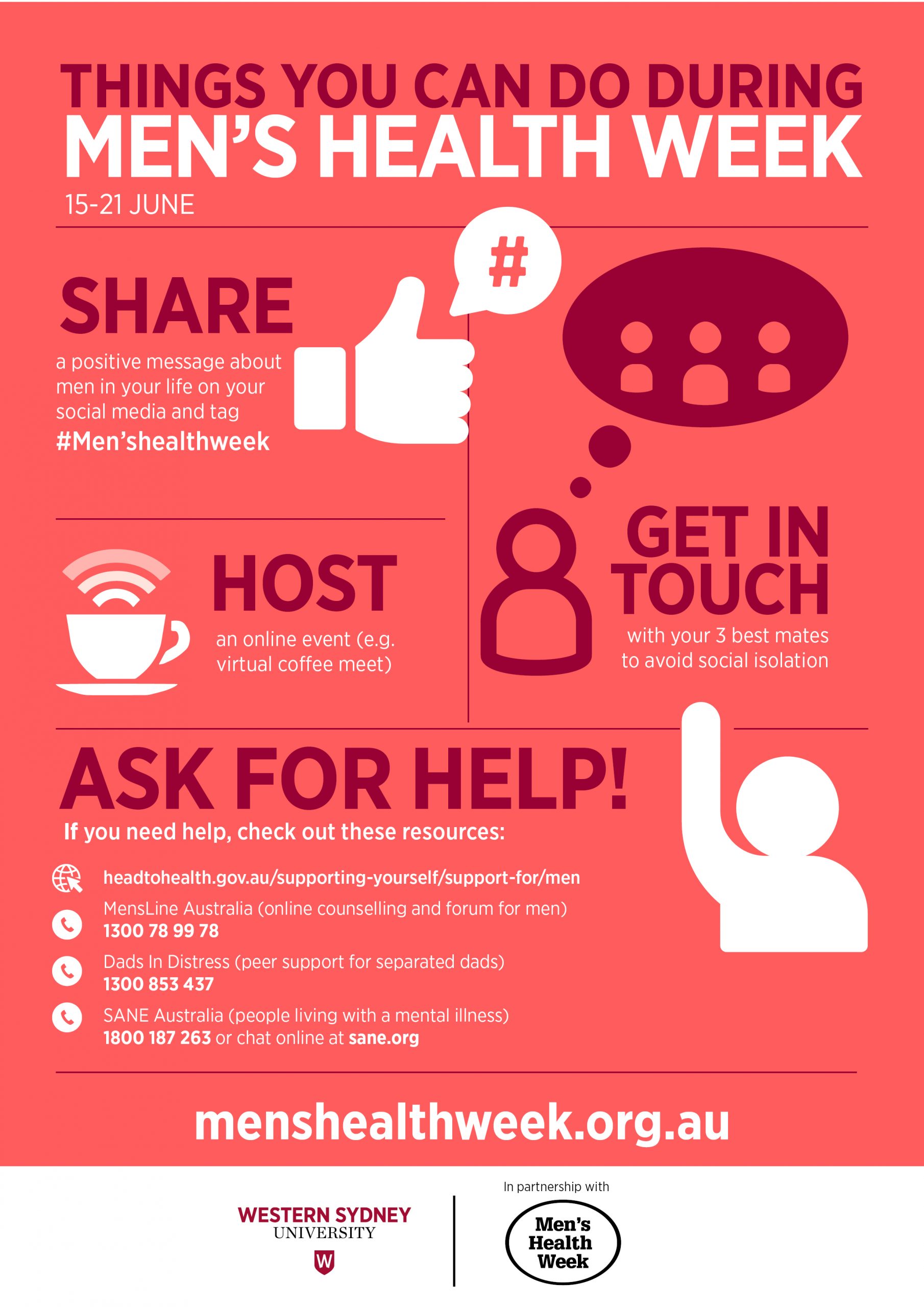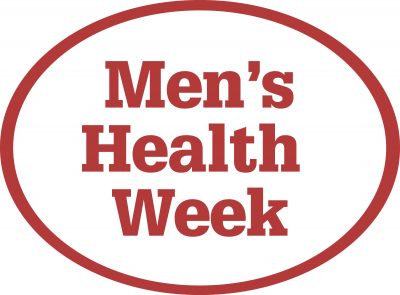News
Men’s Health Week 15 – 21 June
June 14, 2020
The state of Men’s Health
Australia is one of the world’s healthiest societies, yet men die six years younger than women on average.
Men and boys in Australia also account for:
- 95% of workplace deaths
- 4 out of 5 heart disease deaths (before the age of 65)
- 3 out 4 of suicides
- 3 out 4 road deaths
- 2 out of 3 violent deaths.
Why men should visit their GPs
“Men in the age group of 15- 44 years are the least likely of all age-sex groups in Australia to have accessed GP services in the last 12 months,” said Dr Jeffrey Hall who has a special interest in men’s health.
“They consume healthcare differently to women but to assume men are not interested in their health is wrong. They need encouragement to be more proactive about their health, and to feel more confident to seek help when needed,” said Dr Hall.
Men under 75 are twice as likely as women to die from preventable causes. It’s important for all our male patients to be aware of risk factors for chronic disease including:
- lifestyle risk factors, such as smoking, physical inactivity, poor nutrition or alcohol use;
- biomedical risk factors, such as high cholesterol, high blood pressure, impaired glucose metabolism or excess weight; and
- a family history of a chronic disease.
Men aged 45-49 years with one of these risk factors can book in for a comprehensive health assessment. An assessment can help you to make the necessary lifestyle changes to prevent or delay the onset of chronic disease.
To make an appointment for a checkup, you can book online or call reception on 42844622. If you’d prefer, you can see/speak to one of our male GPs (Dr Jeffrey Hall, Dr Mike Hanson, and Dr Ben Bartlett).
Overcoming Barriers
The organisers of Men’s Health Week suggest the following:
- Be active in getting medical help if you don’t feel well, have a problem that won’t go away or notice unusual symptoms.
- It’s OK to seek help – don’t try to do everything on your own or bury problems. Talk to your partner, friends and workmates.
- Push hard to get the help you need to manage your life, work, family and financial needs.
- Partners, be proactive in helping your men and boys get the help they and you need. Use available hotlines, speak with professionals to get the best course of action and be persistent.
- Don’t leave it too late to seek help.
For more information about Men’s Health Week visit their website: https://www.menshealthweek.org.au/


